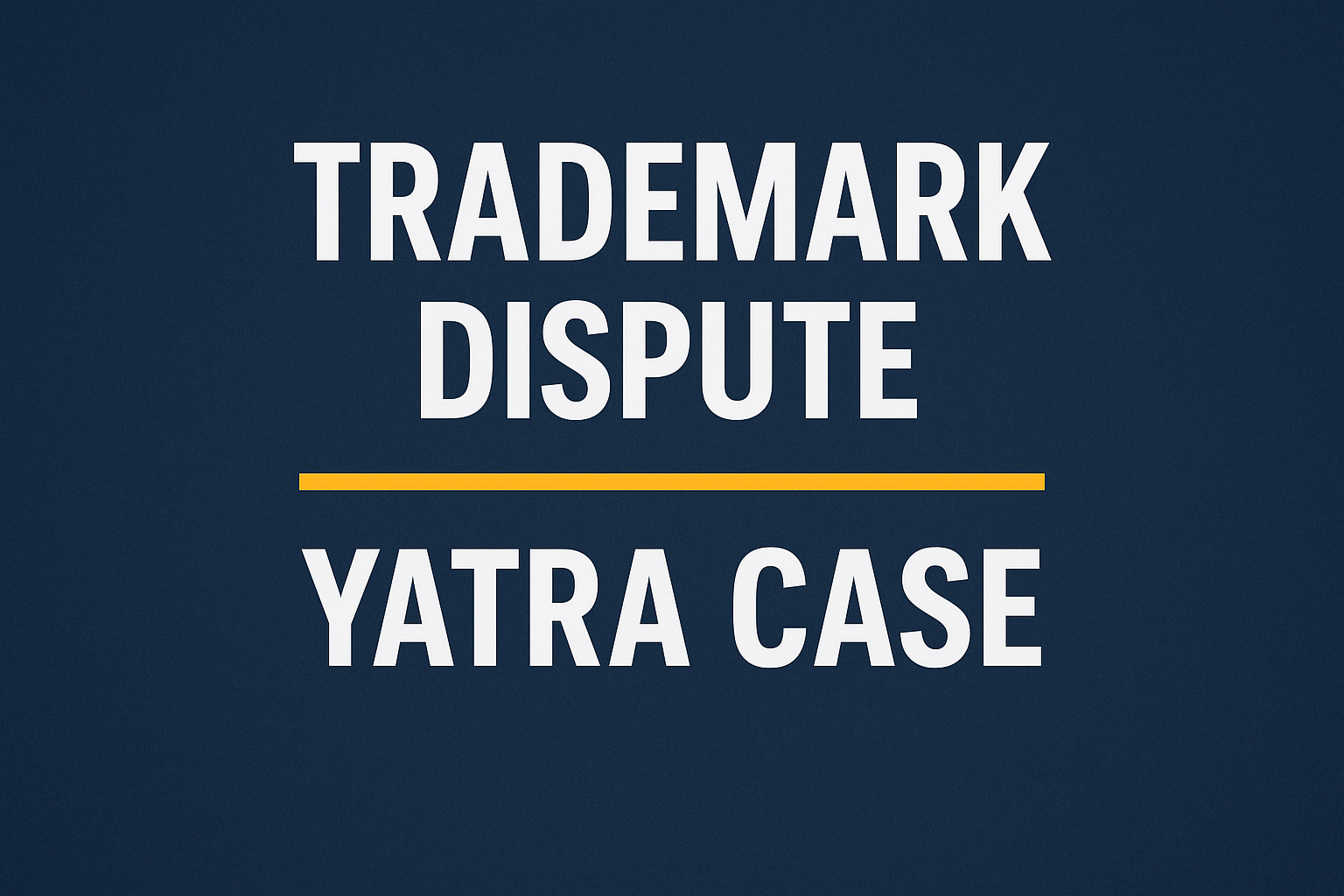The Delhi High Court has ruled that businesses cannot monopolise everyday words as trademarks. The decision came in a trademark dispute between Yatra Online Limited and Mach Conferences and Events Limited, the company behind the brand BookMyYatra.
Justice Tejas Karia dismissed Yatra’s plea to stop BookMyYatra from using the term. The court observed that “Yatra”, a Hindi word meaning travel, is generic and descriptive in the travel industry. Therefore, it cannot be granted exclusive protection as a trademark.
Court’s Reasoning
The court pointed out that Yatra Online had registered trademarks such as “Yatra with device” and “Yatra Freight.” However, these registrations carried explicit disclaimers stating that no exclusive rights were claimed over the standalone word “Yatra.”
Because of these disclaimers, the court ruled that Yatra Online could not expand its rights to claim monopoly over the word. The judgment reaffirmed that generic or descriptive words do not indicate the origin of goods or services, and thus lack distinctiveness.
Wider Legal Context
This ruling is consistent with earlier judgments. In 2023, the Delhi High Court held that words of common English usage cannot be registered as trademarks under the Trade Marks Act, 1999. The law prevents the registration of marks that are descriptive or devoid of distinctive character.
Legal experts note that only terms that gain secondary meaning through long and exclusive use can qualify for trademark protection. Descriptive and generic words, on the other hand, remain free for all businesses to use.
Industry Impact
The ruling is a significant reminder for businesses in travel and other industries. Companies are encouraged to adopt distinctive brand names instead of relying on common words. Using descriptive terms may create recognition, but they cannot guarantee exclusivity.

